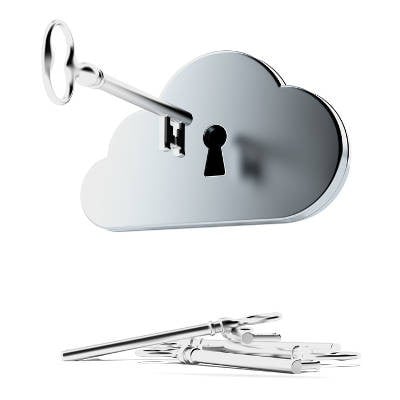- Home
- About Us
- IT Services
- Understanding IT
- Understanding Ransomware
- Understanding Shadow IT
- Understanding Your Virtual Identity
- Understanding the Modern Office
- IT Threat Glossary
- Understanding Business Continuity
- Windows Server 2003: End of Life
- Understanding the Internet of Things
- Understanding Network Security
- Understanding SOX
- Understanding BYOD
- Understanding PCI DSS
- Windows XP End of Life
- Understanding HIPAA
- Cloud Computing
- Windows 2008 Server EOL
- News & Events
- Blog
- Support
- Contact Us
- Home
- About Us
-
IT Services
-
Understanding IT
- Understanding Ransomware
- Understanding Shadow IT
- Understanding Your Virtual Identity
- Understanding the Modern Office
- IT Threat Glossary
- Understanding Business Continuity
- Windows Server 2003: End of Life
- Understanding the Internet of Things
- Understanding Network Security
- Understanding SOX
- Understanding BYOD
- Understanding PCI DSS
- Windows XP End of Life
- Understanding HIPAA
- Cloud Computing
- Windows 2008 Server EOL
- News & Events
- Blog
- Support
- Contact Us
SCW Blog
5 Questions to Ask When Selecting a Cloud Solution
The cloud is swiftly becoming the method by which most computing is done, especially as far as businesses are concerned. You may have been considering adding the cloud to your own IT strategy. However, in order to make your best decision, there are a few questions you need to ask
Is this option a part of the public cloud, or a private cloud solution?
Not all cloud solutions are the same, and the differences between them will influence whether or not they meet your business’ needs. A key factor is how sensitive your data is--a public cloud may not be a comforting option if you’re concerned about data security. However, your budget may limit how much of a private cloud solution you could afford to maintain.
In the end, you will have to consider which variety of cloud will suit your business the best, and make your decision from there.
What business continuity redundancies are in place?
There are some situations that, while no business owner wants to consider, will have to be addressed to ensure that the company can survive should it encounter such an issue. This is where business continuity planning needs to come into play.
As you are weighing your cloud options, you need to determine if the provider has measures put in place should they ever experience some sort of disaster. After all, you are entrusting your crucial business data to them. Do they have the measures in place to see that responsibility through?
Do they meet the industry’s compliance standards?
Based on what industry you operate in, there may be additional standards that your chosen cloud must meet, especially where security is involved. Law firms, medical practices, and others all have stringent policies that outline the requirements that the cloud provider must deliver, or risk losing lucrative business later. Make sure that your cloud provider is aware and has attended to these requirements, and eliminate those who haven’t from consideration.
What are the terms outlined in the contract?
When the time comes to sign a contract with a cloud provider, make sure that the document covers your security needs, everything outlined here, and otherwise leaves you in a better position than before. Everything needs to be in writing so that the terms are clear and indisputable, outlining the liberties each party may take.
Finally, does this cloud solution make me more vulnerable?
As we mentioned before, not all cloud solutions are the same--and in some cases, these differences can turn a cloud solution into a cloud problem.
For example, whether you’re hosting your cloud yourself or utilizing the services of a third party, your data shouldn’t be exposed to greater risks than it was before. You need to make sure that the cloud you leverage is properly configured and is protected by the most stringent security measures available.
When it comes to comparing cloud solutions, SCW are the experts. Give us a call at (509) 534-1530 to get started.
About the author
Sam is a network engineer with a broad range of experience spanning more than 35 years. He wrote is first piece of code in 1979 and has been involved with the industry ever since. For the last 20 years, he has worked for SCW Consulting where he has embraced his passion for network technology and security.
Mobile? Grab this Article!
Tag Cloud


Comments